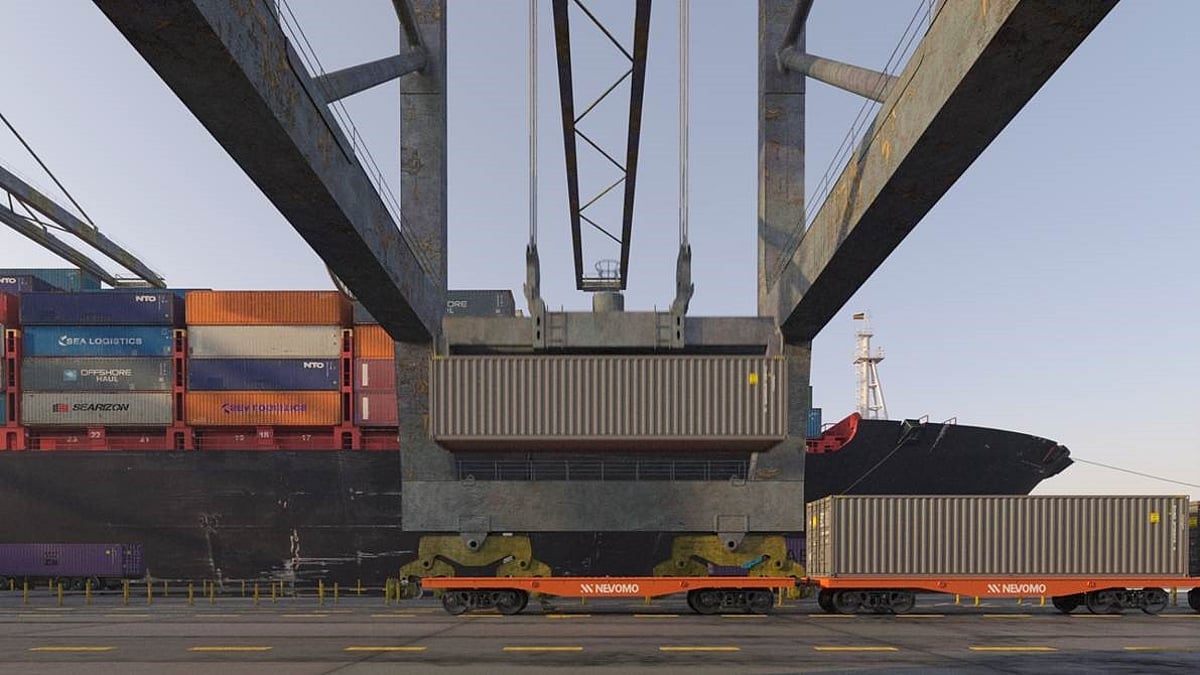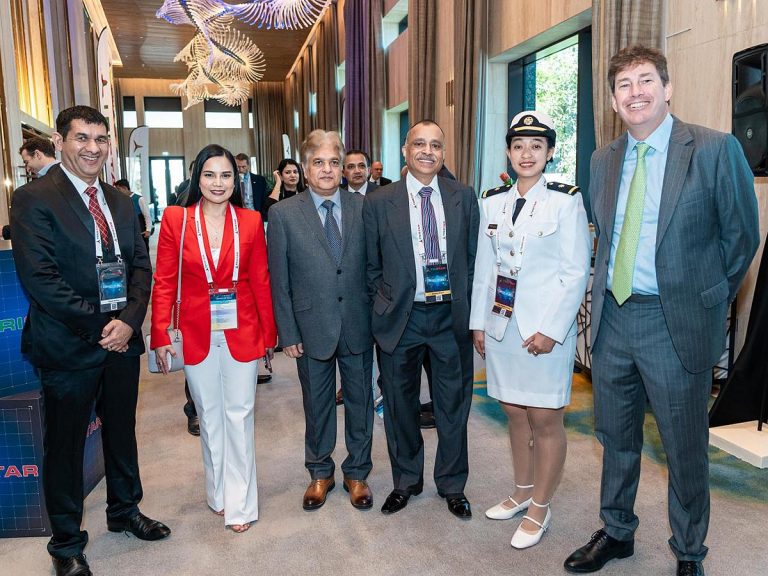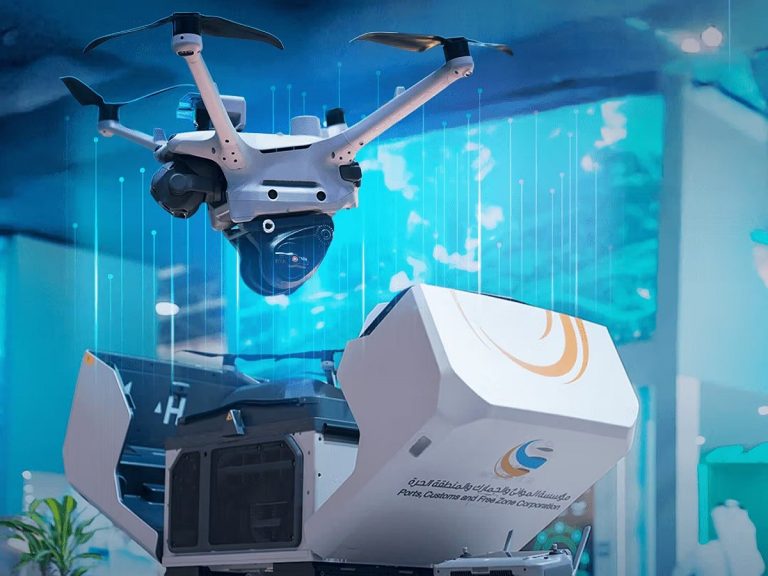Deendayal Port Launches Magnetic Rail Cargo Technology
A significant advancement in port operations is underway at Deendayal Port in Gujarat, India. The Deendayal Port Authority, in collaboration with DP World and European technology firm Nevomo, has initiated a pilot project to implement magnetic rail propulsion technology. This innovative approach aims to enhance cargo movement efficiency while minimizing environmental impact.
Overview of the MagRail Project
The pilot project will feature a 750-meter MagRail track designed to transport bulk cargo and containers without the need for traditional locomotives. Instead, it will utilize self-propelled, magnetically driven rail cars that operate on existing railway tracks. This system not only streamlines operations but also aligns with global trends toward automation and sustainability in logistics.
Significance of Deendayal Port
Deendayal Port, located on the Gulf of Kutch, is India’s largest port by cargo volume and has maintained its top national ranking for 14 consecutive years. The introduction of the MagRail system is expected to position India as a leader in sustainable port logistics, potentially setting a precedent for similar initiatives across the country’s extensive maritime network.
Environmental and Operational Benefits
The MagRail technology is designed to reduce reliance on diesel fuel, thereby cutting carbon emissions significantly. By retrofitting existing rail infrastructure with magnetic propulsion equipment, the project aims to enhance operational efficiency while minimizing disruptions to current operations. This approach supports national initiatives such as the PM Gati Shakti Master Plan and the Harit Sagar Green Port Guidelines, which advocate for smarter and greener transport solutions.
Future Prospects
Upon completion of the pilot project, a feasibility study will evaluate the potential for widespread adoption of MagRail technology across India’s ports. This study will assess the scalability of the system and its impact on improving logistics and reducing emissions nationwide.
Deendayal Port Chairman Sushil Kumar Singh emphasized the partnership as a significant milestone in the port’s journey toward greater automation and sustainability. Meanwhile, DP World Deputy CEO Yuvraj Narayan highlighted that this initiative sets a benchmark for modernizing ports across India, showcasing the country’s readiness for advanced logistics solutions.
FAQs
What is the MagRail technology?
MagRail is a magnetic propulsion system that automates and electrifies existing rail infrastructure, allowing for efficient cargo transport without traditional locomotives.
How does the MagRail system reduce emissions?
By retrofitting existing rail lines with magnetic propulsion equipment, the system minimizes the use of diesel fuel, significantly lowering carbon emissions during cargo transport.
What are the next steps after the pilot project?
Following the pilot’s completion, a feasibility study will be conducted to explore the potential for large-scale implementation of MagRail technology across other ports in India.
Conclusion
The pilot project at Deendayal Port represents a pivotal step toward modernizing India’s port operations through innovative technology. As the initiative progresses, it holds the promise of transforming cargo logistics while promoting sustainability. The outcomes of this pilot will be crucial in determining the future of magnetic rail technology in India’s maritime sector.
The implementation of MagRail technology at Deendayal Port reflects a broader trend in the global shipping industry, where there is an increasing emphasis on integrating advanced technologies to enhance operational efficiency and reduce environmental footprints. Many ports worldwide are exploring similar innovations, such as automated guided vehicles and electrified transport systems, to streamline logistics and improve cargo handling. This pilot project may serve as a model for other Indian ports, encouraging them to adopt cutting-edge technologies that align with international best practices.
In addition to its environmental benefits, the MagRail system is expected to improve the overall reliability and speed of cargo transport. By eliminating the need for traditional locomotives, the technology can facilitate quicker loading and unloading processes, ultimately leading to reduced turnaround times for vessels. This efficiency could enhance the competitiveness of Indian ports in the global shipping market, attracting more business and fostering economic growth in the region.
As the pilot project progresses, stakeholders will closely monitor its performance metrics, including operational costs, energy consumption, and cargo throughput. The insights gained from this initiative could inform future investments in port infrastructure and technology, shaping the direction of India’s logistics sector for years to come.
Also Read:
Top Youth Football Academies Shaping Future Talent







